Challenges from international trade policies are the time for Vietnamese enterprises to have flexible business strategies and adapt to market obstacles.
Opportunity for Vietnamese enterprises to restructure production
In the face of global trade tensions, speaking to the Industry and Trade Newspaper, according to Lawyer Nguyen Thanh Ha - Chairman of SB LAW, Vietnamese enterprises may be under pressure from tighter controls. This not only increases compliance costs but also affects the competitiveness of Vietnamese products in the international market.
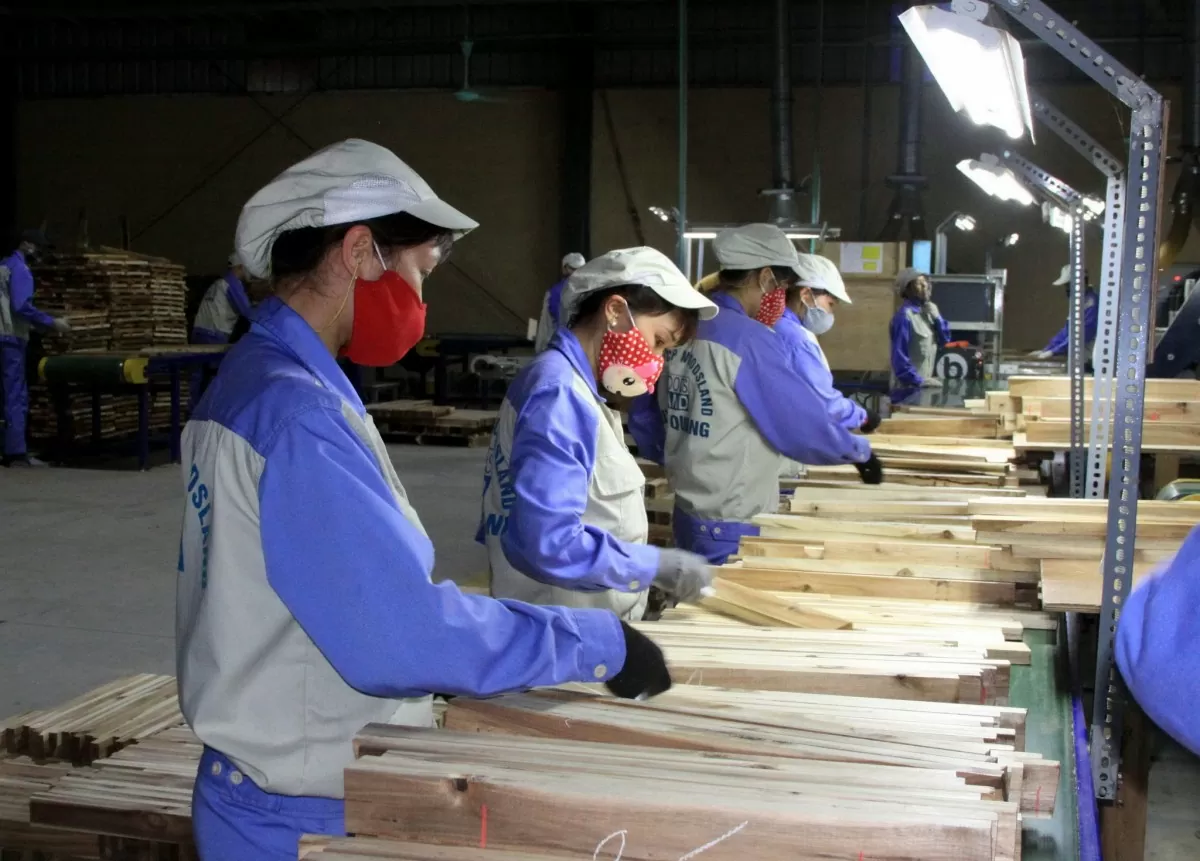 |
| Market challenges are also opportunities for Vietnamese enterprises to restructure production. Photo: VNA |
In addition, Lawyer Nguyen Thanh Ha acknowledged that non-tariff barriers such as requirements on technical standards, food hygiene and safety, or compliance with labor and environmental regulations may also be tightened. This requires Vietnamese enterprises to invest heavily in improving product quality and supply chain management to meet the requirements of major markets.
However, this is also an opportunity for Vietnamese enterprises to restructure production, focusing on high value-added products and meeting international standards. Taking advantage of the Free Trade Agreements (FTAs) that Vietnam has signed can also help enterprises overcome obstacles and maintain competitiveness in the international market.
In particular, when export is still an important driving force for macroeconomic growth, in the context of many changes in the international market, Lawyer Nguyen Thanh Ha believes that solutions to overcome and respond to challenges include both short-term and long-term solutions.
For the short-term solution, first of all, it is to increase imports and adjust selling prices to cope with tariffs. “ Importing large quantities of goods helps businesses avoid increased costs due to newly imposed import tariffs, while taking advantage of supply at lower prices in the short term, ” said lawyer Nguyen Thanh Ha.
However, Lawyer Nguyen Thanh Ha emphasized that not all businesses are able to import ahead of schedule, especially companies with complex supply chains or goods with short product life cycles.
For long-term solutions, one of the typical solutions that can be mentioned is shifting production and restructuring the supply chain. In addition to increasing imports and adjusting selling prices, many businesses are proactively reviewing their production strategies to minimize the impact of tariffs.
" However, implementing this solution is a process, not only requiring large capital, but also a long transition time, and facing challenges in terms of labor resources and infrastructure" - Lawyer Nguyen Thanh Ha analyzed.
Lawyer Nguyen Thanh Ha added that no matter which solution is chosen, flexible adaptation to circumstances plays an important role. To achieve this, each enterprise needs to develop a complete plan based on the situation and characteristics of its production and business to ensure that the impact of market changes on its enterprise is as minimally negative as possible.
The Ministry of Industry and Trade plays a central role in guiding and supporting businesses.
It is inevitable that international markets will change their trade policies, which poses significant challenges for Vietnamese businesses. In this context, the Ministry of Industry and Trade plays a central role in guiding and supporting businesses and ensuring national economic interests.
Lawyer Nguyen Thanh Ha suggested a number of important solutions that the Ministry of Industry and Trade needs to focus on implementing, specifically:
Firstly , improve the capacity for trade forecasting and negotiation. According to Lawyer Nguyen Thanh Ha, we cannot just react passively to changes in tariffs, but need to proactively forecast and analyze trends in major export markets. "Participating in bilateral and multilateral negotiations is also very important to protect the interests of Vietnamese enterprises, while making the most of tariff incentives from FTAs," said Mr. Ha.
Second , support businesses to adapt to changes . When a market adjusts its tax policy, businesses need to be provided with quick and accurate information to have timely response plans. The Ministry of Industry and Trade can organize training programs, guidance on rules of origin, technical standards, helping businesses meet new requirements and continue to enjoy tariff incentives.
Third , promote policies to support domestic production. When import taxes on raw materials change, input costs of enterprises can be seriously affected. Therefore, the Ministry of Industry and Trade needs to have a strategy to develop supporting industries, encouraging enterprises to invest in domestic production to reduce dependence on external supplies. This not only helps enterprises stabilize production but also increases competitiveness in the international market.
Fourth , expand export markets, reduce dependence on certain markets. Because, currently, Vietnamese enterprises still depend heavily on a number of large markets, leading to high risks when tariff policies change. Accordingly, the Ministry of Industry and Trade can support enterprises to access potential markets through trade promotion, connecting with new partners to diversify export markets.
Finally, strengthen the protection of enterprises against trade defense measures. Many countries use anti-dumping and anti-subsidy taxes as a tool to protect domestic production. Without careful preparation, Vietnamese enterprises are very vulnerable to these measures. The Ministry of Industry and Trade needs to proactively support enterprises in collecting data, providing legal advice and participating in international trade lawsuits to protect the interests of Vietnamese enterprises.
| Lawyer Nguyen Thanh Ha – Chairman of SB LAW : In the face of changes in tariff barriers, businesses need the support of the Ministry of Industry and Trade to not only respond effectively but also take advantage of opportunities from those changes. This is the time when we need a flexible, proactive and synchronous strategy to maintain a competitive advantage in the international market. |
Source: https://congthuong.vn/doanh-nghiep-viet-nam-can-thich-ung-truoc-tro-ngai-thi-truong-373171.html


![[Photo] General Secretary To Lam arrives in Minsk, begins state visit to Belarus](https://vphoto.vietnam.vn/thumb/1200x675/vietnam/resource/IMAGE/2025/5/11/76602f587468437f8b5b7104495f444d)
![[Photo] General Secretary To Lam meets and expresses gratitude to Vietnam's Belarusian friends](https://vphoto.vietnam.vn/thumb/1200x675/vietnam/resource/IMAGE/2025/5/11/c515ee2054c54a87aa8a7cb520f2fa6e)












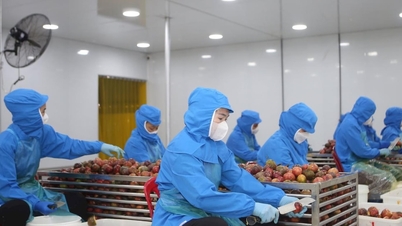



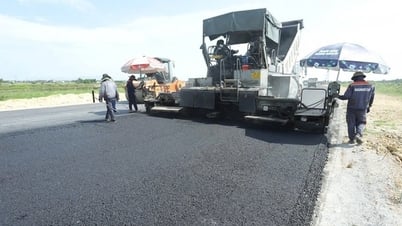


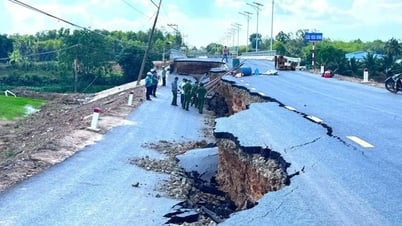




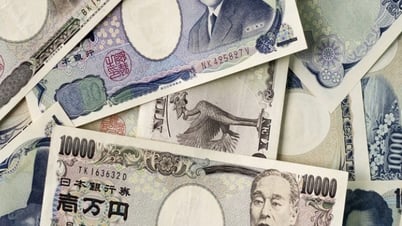

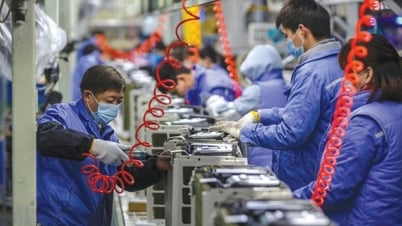



![[Photo] General Secretary To Lam concludes visit to Russia, departs for Belarus](https://vphoto.vietnam.vn/thumb/1200x675/vietnam/resource/IMAGE/2025/5/11/0acf1081a95e4b1d9886c67fdafd95ed)




























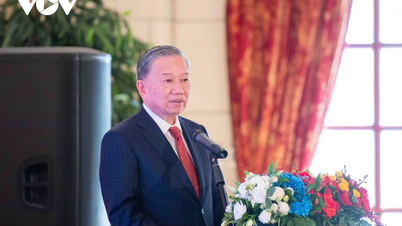

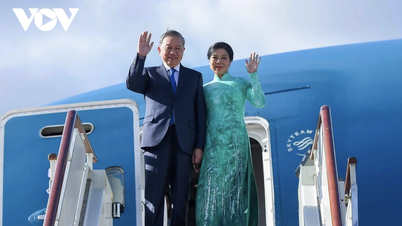



































Comment (0)